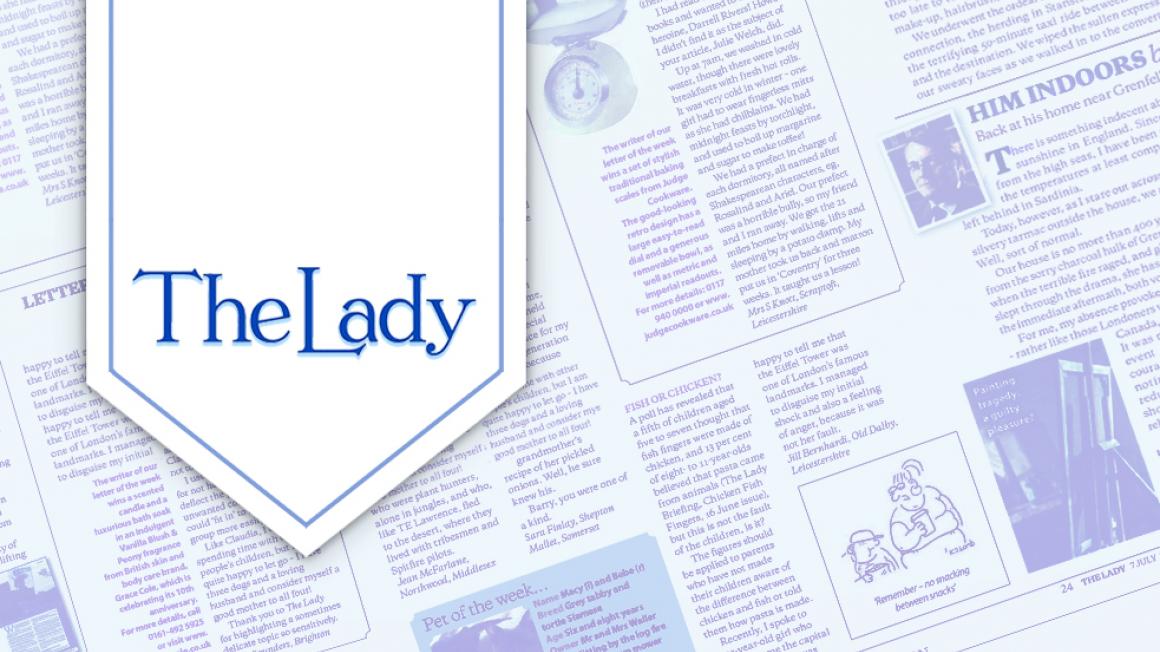The Lady Guide to Modern Manners: 16 September
I came across this saying on Facebook recently: ‘Your energy introduces you before you even speak.’ Presumably this is another way of saying, ‘First impressions are crucial’ or ‘People will make up their minds about you in the first 10 seconds of meeting you.’ But we are also often told: ‘Don’t judge a book by a cover.’ So which is it? I’m confused and also a little bit intimidated.
Flora Catchpole , Shoreham
Dear Flora,
Complicated. I agree with you that this emphasis on first impressions (often mentioned in the context of job interviews or professional life generally) is alarming and often forces people to behave in highly unnatural ways. Yet it is easy to make a poor initial impact: a limp handshake, lack of eye contact, an aura of gloom and not-wanting- to-be-there.
The upside is that it does not require a huge effort to come across well on first meeting. All that is called for is a reasonable amount of cheerfulness and pleasure in meeting a person. If you’re feeling awful and just not in the mood, ‘putting on an act’ might have the effect of rapidly improving your actual spirits.
The problem is that circumstances and sheer human capacity (or lack of it) mean that we just can’t get to know everybody as well as we ought. First impressions are a kind of sorting device to prevent us from being overwhelmed. This is not as ruthless as it sounds: the first impression may not have been all that bad. It’s just that nothing much happened and the feeling was probably mutual. This is the principle on which ‘speed dating’ works: I don’t know if you’ve ever tried it.
Equally, circumstances and capacity conspire to give us and others a second chance. Those who seemed quite nice at first turn out to be rather awful, and vice versa. I’m being flippant, but there’s some truth in the theory that we bond best with those who on first viewing seemed quite loathsome. And there are those who set themselves up as a challenge: they make a policy of being hostile to newcomers, rather as dogs do, barking ferociously at each other as part of the process of making friends.
So the answer is that both dictums are too rigid and neither is exactly true. We do judge books (or people) by their covers all the time: think of all those countless people we never get to know, whom we’ve somehow dismissed on first meeting.
In this connection it’s worth pointing out that our ‘appearance’ isn’t exactly a cover: we reveal and communicate a great deal about ourselves by just being there, without speaking at all. We just do. We can’t help it, even though this may not be the whole story. So then there’s another dimension or category of relationships where we are endlessly flexible (or hope to be).
Please send your questions to thomas.blaikie@lady.co.uk or write to him at The Lady, 39-40 Bedford Street, London WC2E 9ER


